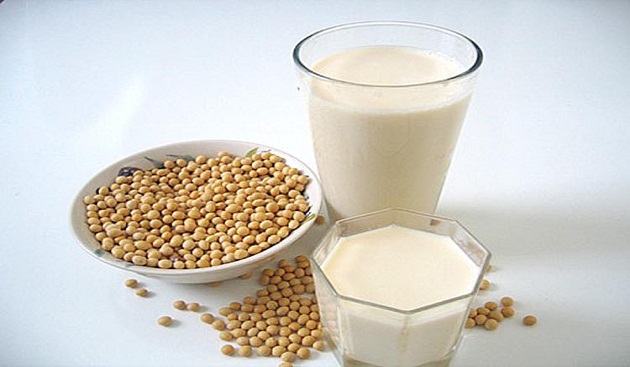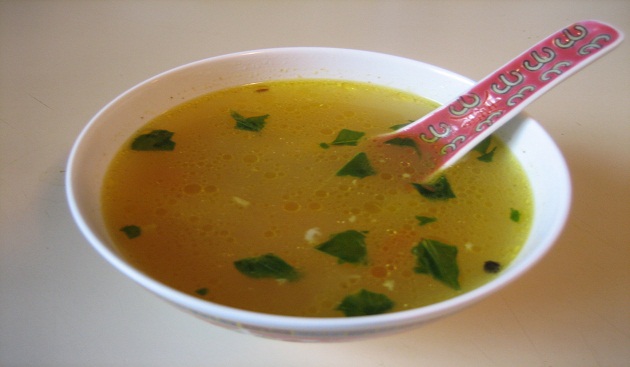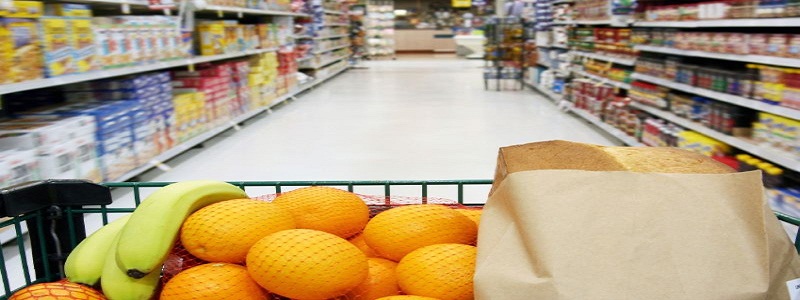How to Handle Menopause
Menopause is the effect of changes in the hormonal levels in the body. The physiology of hormones, their actions interactions and hormonal balance is pretty complex. Therefore we shall stick to the essentials and avoid getting very technical here.
Suffice to say that even small imbalances can wreak havoc on the physical and emotional health of a person.
In the past it was very common to treat symptoms of menopause through HRT (hormone replacement therapy). This is however quite risky. Administration of oestrogen carries with it the disadvantage of placing women a higher risk of breast cancer.
Soya
To avoid these complications, many now prefer alternative remedies which include eating foods rich in hormones from plant sources (called phyto-oestrogens). These include soya and its products (such as tofu or soya bean paneer, soy milk), flax seeds (khus khus), sesame seed, kidney beans, red beans, small white beans and moong beans.
Caution
Researchers still don’t know whether higher amounts of plant oestrogens in the body increase the growth or risk of oestrogen-sensitive cancers. Until more is known, if you have or recently have had oestrogen-dependent cancer, it’s probably best that you not consume phyto-oestrogen-rich food on a daily basis.
Soya is believed to help in reducing cholesterol and hence protect the heart and arteries. Some studies suggest that this happens because soya is used to substitute for meat and animal fat in the diet.
In India, it is easy to get soya nuggets (Nutrela) which can be used like paneer in various vegetables / curries or in rice. Another simple way to incorporate soya in your diet is to mix ground soya powder in your chappati flour or to eat multigrain breads (check the label for contents).
The best way to take advantage of soy’s health benefits is stick with whole foods such as tofu, soy milk, and edamame, as well as the fermented versions, tempeh and miso. Foods made out of soy protein from the soybean through chemical extraction, may lack some of the potentially beneficial components of whole foods.
However, beware even with whole soy foods. If you are pregnant, at risk of developing estrogen-sensitive tumors, such as breast and ovarian cancer, or have a family history of dementia, many researchers and physicians advise against eating too much soy in any form. But if you don’t fall into one of the risk groups, just remember: Stick with natural forms of soy, and avoid things that come out of a laboratory.
Foods rich in Vit E such as olives (olive oil), almonds, Brussels sprouts, blackberries, avocados, spinach etc. also help relieve the symptoms of menopause. A fairly exhaustive list of such sources is easy to find in a net search.
Other foods to be taken to help through the menopause are fruits, vegetables and calcium rich foods (like milk, cheese, sesame seeds, ladies finger, almonds, orange, soy milk, broccoli, figs, white beans, dark leafy vegetables, eggs).
Watch What You Eat
Apart from what you eat, it is also important how you eat. Many of us tend to eat less during the day and then eat a heavy dinner. This is just what we should avoid doing. The last meal of the day should be the lightest. Controlling your diet will help you keep well during these years.
Avoid high sugar, high fat foods. Eat foods with the right kinds of fat meaning foods with a higher content of omega 3 fatty acids e.g. olive oil, fish, walnuts, flax seed (linseed) oil. Eating foods high in sugar content results in weight gain, avoiding which is very important during this period.
Exercise
Exercise is also very important during these years. It helps decrease blood cholesterol levels, bone loss, improves ability to deal with stress, circulation, heart function and the body’s ability to use oxygen and nutrients.
Checkout the rest of the articles in this series:






